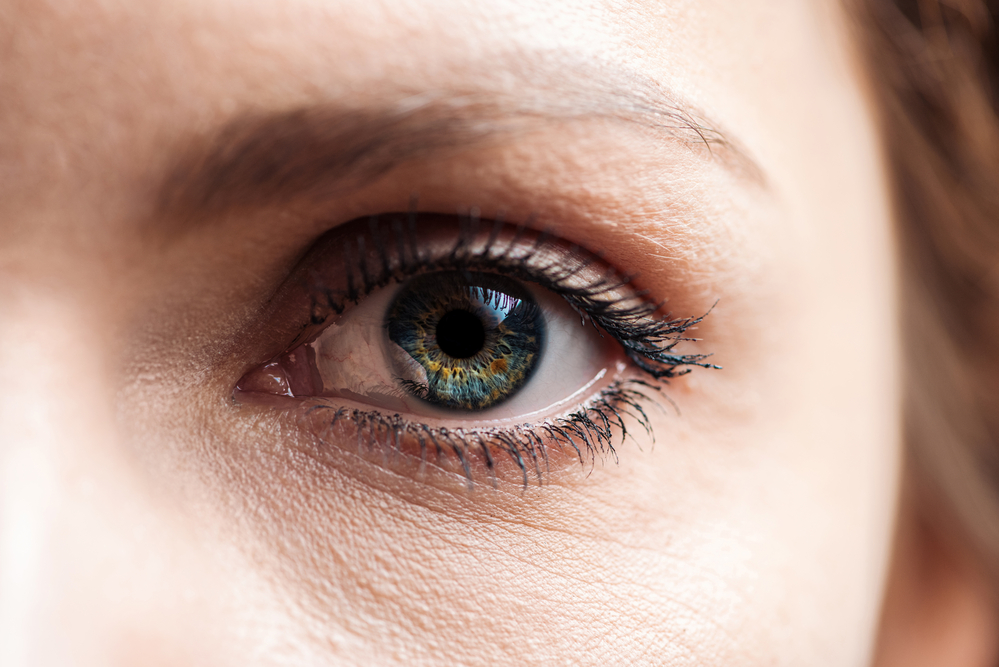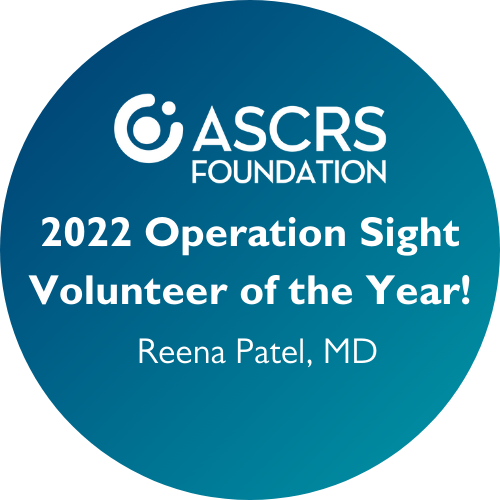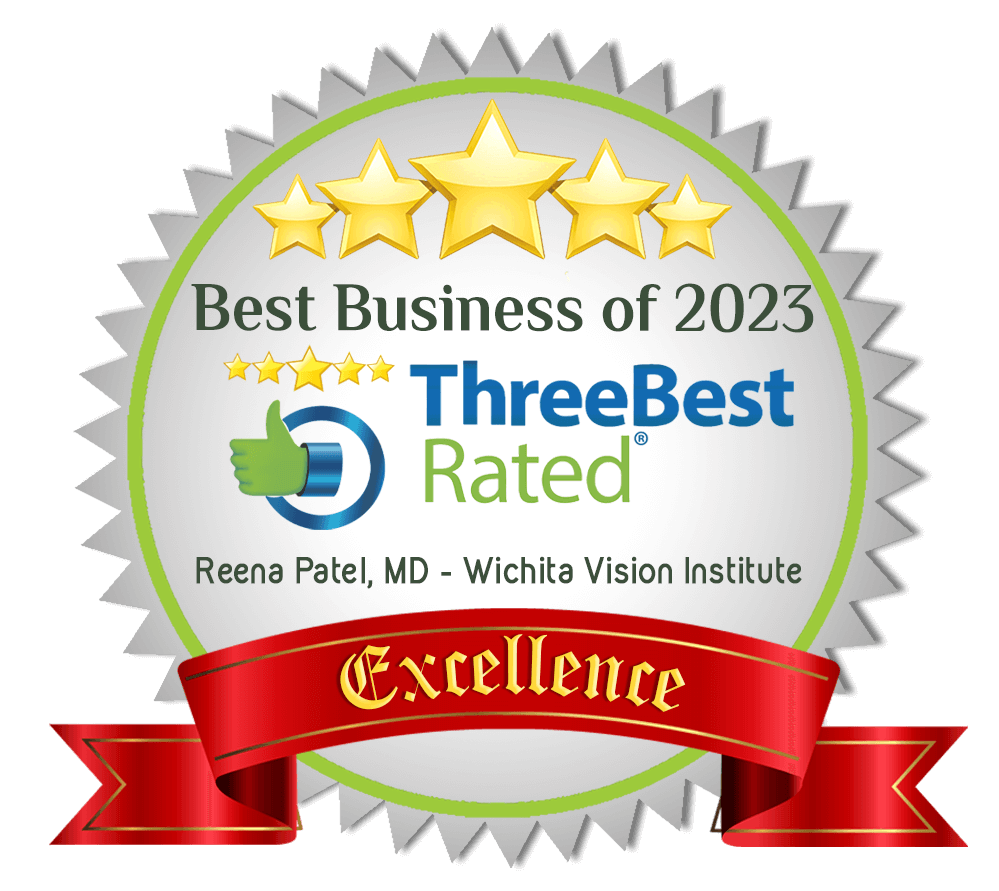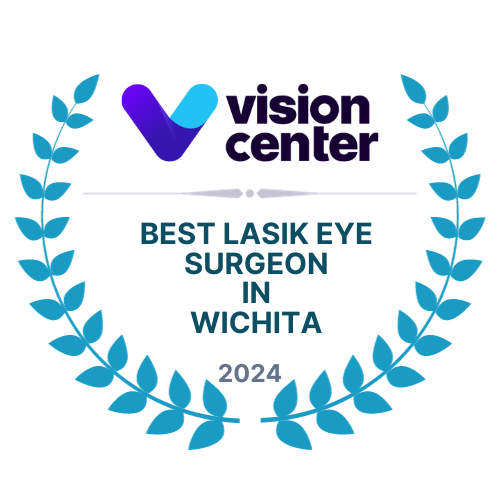Laser eye surgery is an amazing procedure for many people who have had to use corrective devices like glasses or contacts for years in order to be able to properly see. Imagine being able to drive a car or work at the office without needing to wear glasses or contacts. Imagine the money you would save if you didn’t have to buy these aides. Dr. Patel at the Wichita Vision Institute in Wichita, KS uses laser technology to permanently repair vision in many patients.
Good Candidates for Laser Eye Surgery
Age
Under 18
Most healthy adults are good candidates for laser eye surgery. We do not recommend this procedure for people who are under the age of 18 because their bodies are still growing and changing. It is better to wait for a child’s vision to become stable before performing any treatments.
Age 18-24
While it is possible to have the procedure at this age, you may want to consider waiting a little bit longer to make sure that your vision doesn’t continue to change. Many people are still developing during this time in their lives, and you will want to have a stable prescription for the best results.
Age 24-40
This is typically the best time in life to have the procedure because your vision should be stable. As long as you are healthy, you will probably be a good candidate in this age range.
Age 40-55
Healthy people in this range usually continue to be good candidates for the surgery. The only difference is that your vision could begin to change at this point in your life. It is important to talk to Dr. Patel about your age any changes in your vision when deciding on whether to pursue this procedure.
Over 55
There are many people over the age of 55 who can successfully have the procedure done, but you will want to carefully consider whether this is right for you. If you are experiencing any kind of age-related vision problems or eye illness, those things could disqualify you from being a candidate.
Technically speaking, any adult could be a potential candidate for laser surgery, but there are other criteria that will be very important to discuss.
Eye Health
You may not be a good candidate for laser surgery if you suffer from other eye problems or conditions. Please be candid about any eye problems you have experienced in the past. You will also need to heal from any injuries or damage to your eyes before you have laser surgery.
Overall Health
Some health conditions may mean you are not a candidate for this procedure, although there are possible accommodations that can be made depending on your health history. We will ask questions about your overall health and any conditions or illnesses you have.
Eyeglass Prescription
It is important that your eyeglass prescription be unchanged for at least a year before you have the procedure. Changes in your eyesight can interfere with the results of the laser surgery. If you are pregnant or nursing, you will want to wait until after you’ve given birth and stopped breastfeeding to schedule the procedure.
This is because your eyesight could change as a result of the hormones that are present during pregnancy and nursing.
Measurements
The thickness of your cornea is also a consideration in determining if you are a good candidate for laser surgery. If your cornea is not thick enough there not be enough room to shape it.
You may have been told in the past that your cornea was not thick enough for the procedure. It is worth having the measurements taken again because modern technology now allows a slightly thinner cornea to be adequate for laser surgery.
Procedure
Consultation
The first step in the eye laser surgery procedure is to bring you in for a free consultation. Dr. Patel will talk to you about the process and answer any questions you might have. You will also be presented with your options regarding this procedure and your eyesight. You will be asked to disclose any medication you are taking, prescription, or over-the-counter.
You will also be asked about your consumption of alcohol, whether you take drugs, and if you are or were a smoker. The answers to these questions are important in understanding the results you can expect from the procedure and whether or not you are a good candidate. Once you have had a consultation and understand the procedure, it is time to schedule your appointment.
Preparation
Numbing
At the time of your procedure, your eyes will be numbed with special eyedrops. This medication will keep you comfortable throughout the procedure. You will under local anesthesia and will be awake throughout the process, but you will not feel any pain.
Eyelid Stabilized
Once your eyes have been numbed, Dr. Patel will prop your eyelids open with special tools. This will mean you are unable to blink or to close your eyes. Dr. Patel will ensure that your eyes are kept moist during the procedure so you will not have the urge to blink.
.
Corneal Flap
The cornea of your eye is the area that is shaped like a dome. This area is responsible for refracting which allows you to see properly. The first part of the laser surgery is to create a thin flap in the cornea. This will allow the cornea to be reshaped according to the specific needs of the patient.
Reshaping
Myopia
If you have myopia, you are nearsighted. You can clearly see things right in front of you, but you cannot see things that are far away. Dr. Patel can reshape your cornea so that images are properly refracted so that you can see things far away as well as close to your eyes.
Hyperopia
This is the opposite issue. If you have hyperopia, you are farsighted. Your eyes will have to be reshaped in a different way so that the images you see are refracted from the center of your eye.
Astigmatism
This is a general blur in vision and is caused by the cornea having an uneven shape. Dr. Patel can reshape the cornea to correct this problem as well.
Flap Replaced
When the cornea has been properly shaped, Dr. Patel will replace the flap. Over time, the area will heal itself and your vision will be clear.
Timeline
Appointment
The appointment for your eye surgery will last around an hour and a half. This takes preparation time and recovery into account as well as the procedure itself. You will not have to spend time in a hospital or even spend the whole day at your appointment. While you will need someone else to take you home, you will be able to leave very quickly after the process is completed.
Treatment
The laser eye surgery itself will only take around 10 to 20 minutes. The length of time needed depends on the extent of your eye issues, but the treatment will not take a long time.
Recovery
Short-Term
You will be able to go home quickly after the surgery, and you will begin to notice some healing after about 12 to 24 hours have passed. You will come back to the office the next day so Dr. Patel can check on your progress and answer any of your questions.
Long-Term
You should experience complete results within 3 to 6 months after treatment. At that time, your vision will be fully restored and your eyes will be healed.
After the Procedure
Rest
The first thing you will need to do after your laser surgery is to give your eyes plenty of rest. You will want to keep your eyes closed for a few hours and then avoid any activities that strain your eyes. You will do this for a day or two after your surgery.
Every patient is different, and Dr. Patel will give you a post-treatment plan to follow. This will be created for your specific circumstances and will be dependent on factors such as the type of vision problem you had corrected and the extent of the treatment needed.
Shield
You will be given an eye shield to wear after treatment and instructions on how to use it. It will be especially important to wear at night so you don’t bump or jostle your eye during your sleep.
Eyedrops
You will be sent home from your appointment with prescription eye drops and a schedule for taking them. The eyedrops are to prevent your eyes from becoming too dry. They may also provide protection against potential infection.
Medication
Be sure to talk to Dr. Patel about any medication you are planning to take in the days following your procedure. This includes prescription medication and over-the-counter medication. Certain medications may interfere with the healing process and need to be avoided for several days after laser surgery.
Dr. Patel may prescribe medications as well. These may include pain killers or antibiotics. Be sure to take any medications in the proper dosage and according to the schedule you are given.
Activity
You will be cleared to return to normal activities in as little as a few days after your procedure. You will be able to go back to work, but you should proceed with caution if your job requires a lot of physical movement or heavy lifting.
You will want to wait a week or more to engage in exercise or strenuous activities. Dr. Patel will give you specific guidelines about when an activity is appropriate.
Skin Products
You will want to avoid any skin products that could potentially irritate your eye or increase the chances of developing an infection. This may include lotions, creams, and makeup. Talk to Dr. Patel about any skin products you are planning to use.
Follow-Up Appointments
It is important that you are seen for follow-up appointments to check your healing and the progress of your vision. You will have an appointment within 24 to 48 hours after your procedure to check that everything is progressing properly. Then you will be scheduled to come back in several times to check on your eyes and make sure that your healing is going according to plan.
Be sure to keep all of these appointments to ensure that the results of your laser surgery are optimized. You may need to continue to see the doctor for follow-up appointments for as long as six months after your treatment.
Exceptional Eyesight Permanently
Laser eye surgery is a procedure that truly makes dreams come true for many patients. If this is what you want for the future of your vision, contact the Wichita Vision Institute in Wichita, KS as soon as possible to schedule a free consultation and begin your journey to excellent vision without contacts or glasses.







